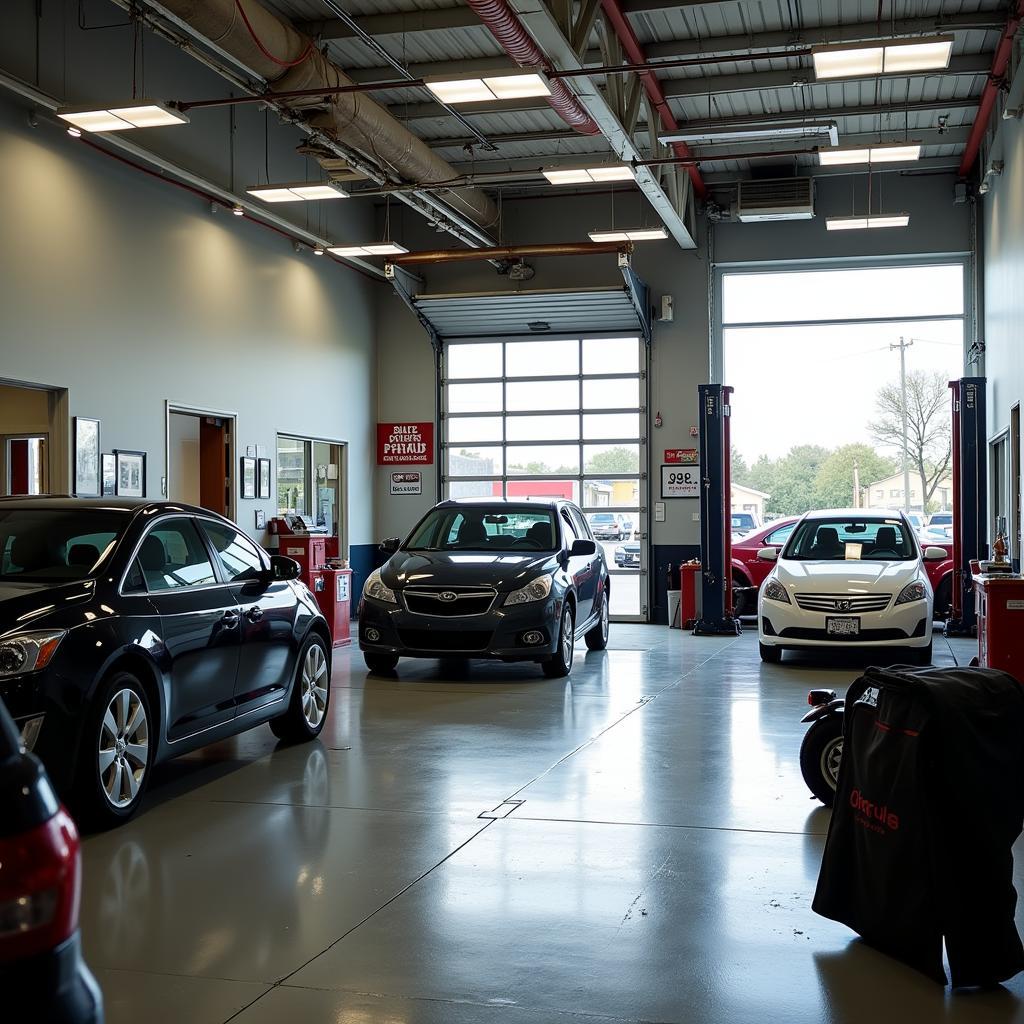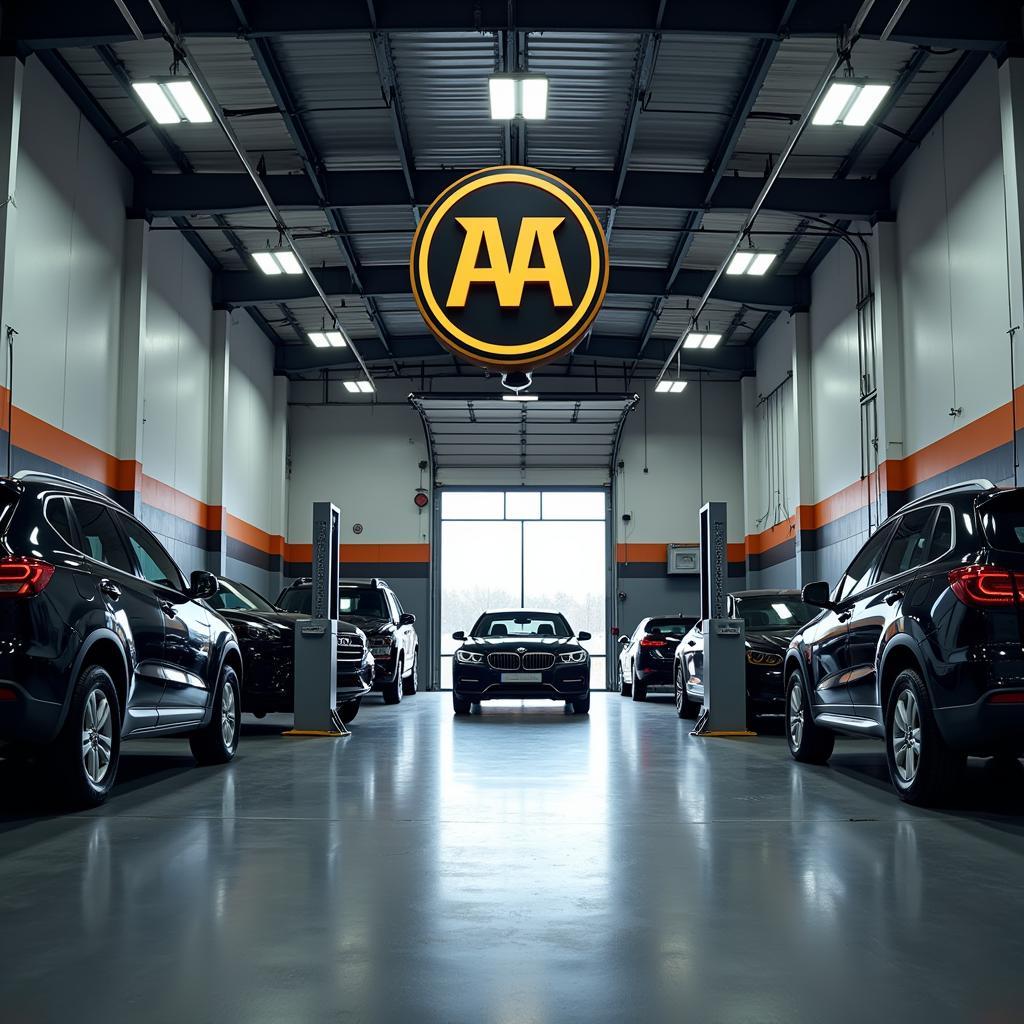Advanced Service Corrosion Car: What You Need to Know
Dealing with car corrosion can be a frustrating and costly experience. Corrosion, often called rust, is a common enemy of vehicles, especially in areas with harsh weather conditions. While some surface rust might seem minor, it’s crucial to understand that corrosion can quickly spread and compromise the structural integrity of your car. This is where advanced service corrosion car solutions come into play.
Understanding Car Corrosion
Before delving into advanced solutions, let’s break down the causes and types of car corrosion. Primarily, corrosion occurs when bare metal is exposed to moisture, oxygen, and road salt. This exposure triggers an electrochemical reaction that eats away at the metal, forming rust.
There are different types of corrosion, each impacting your vehicle differently:
- Surface Rust: As the name suggests, this type of rust is superficial, affecting the outermost layer of metal. While it might seem cosmetic, it can pave the way for more severe corrosion if left untreated.
- Scale Rust: This type is more severe than surface rust, forming a flaky layer on the metal. It requires more intensive treatment to prevent further damage.
- Penetrating Rust: This is the most serious type, as it eats through the metal, weakening its structure. Penetrating rust requires immediate attention as it compromises the safety and integrity of the vehicle.
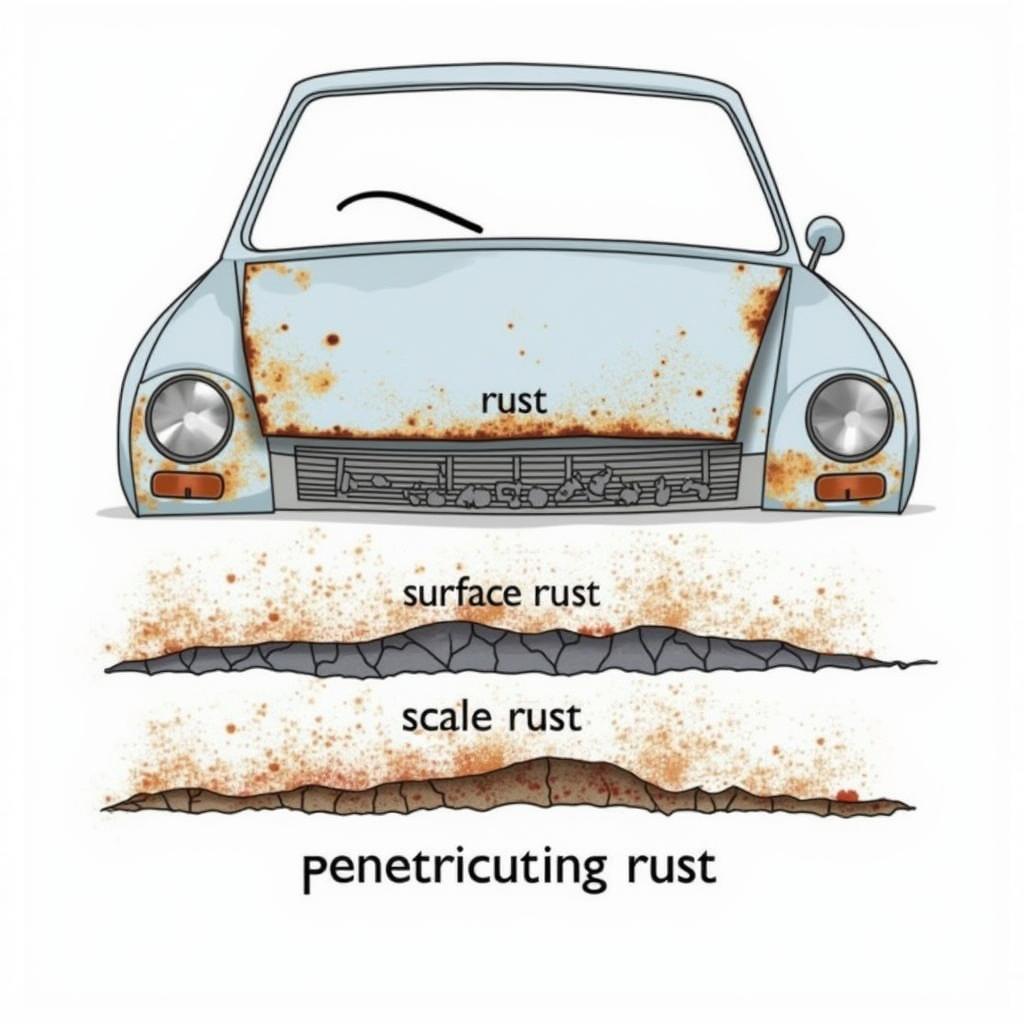 Types of Car Corrosion
Types of Car Corrosion
Advanced Service Corrosion Car Solutions
Dealing with car corrosion goes beyond simple DIY fixes. Advanced service centers employ specialized techniques and products to combat corrosion effectively. Here are some of the key solutions:
1. Thorough Inspection and Assessment
The first step in tackling corrosion is a comprehensive inspection by experienced technicians. This involves:
- Visual Inspection: Trained eyes can spot even the smallest signs of corrosion, including bubbling paint, discoloration, and rust spots.
- Undercarriage Examination: The underside of your car is particularly vulnerable to corrosion. Technicians use specialized lights and tools to inspect this area thoroughly.
- Corrosion Detection Equipment: Advanced tools, such as electronic corrosion detectors, can identify rust in its early stages, even in hidden areas.
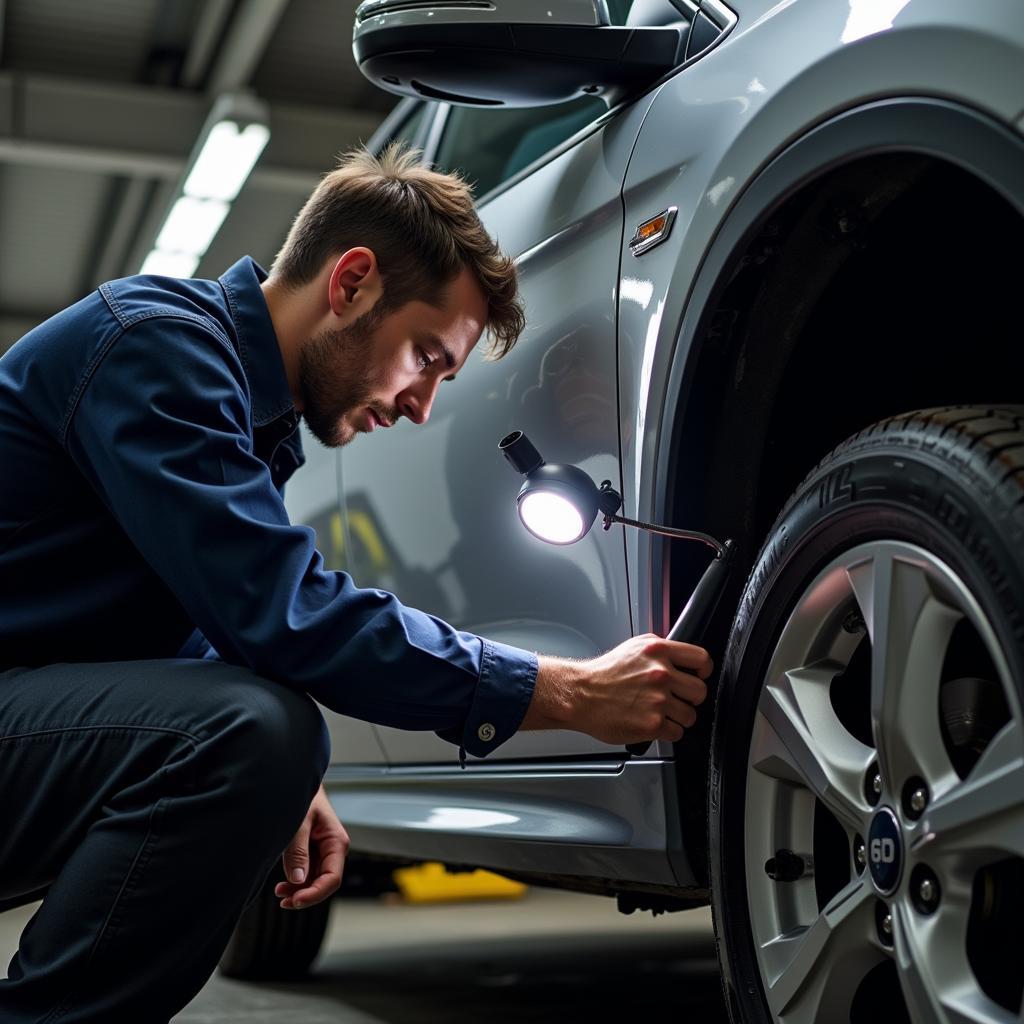 Car Corrosion Inspection Process
Car Corrosion Inspection Process
2. Effective Rust Removal Techniques
Once the extent of corrosion is assessed, technicians employ various methods for rust removal, including:
- Media Blasting: This technique uses compressed air to propel abrasive media, such as sand or baking soda, to remove rust and paint.
- Chemical Rust Removal: Specialized chemical solutions are used to dissolve rust without harming the surrounding metal.
- Electrolysis: This method uses an electrical current to convert rust back into iron, effectively reversing the corrosion process.
The choice of technique depends on the type, severity, and location of the corrosion.
3. Protective Coatings and Treatments
After rust removal, it’s crucial to protect the treated areas from future corrosion. This is where advanced protective coatings come in:
- Epoxy Primers: These primers create a durable, moisture-resistant barrier that prevents rust from forming again.
- Automotive Paints: Modern automotive paints are designed to withstand harsh weather conditions and resist UV damage, providing an extra layer of protection.
- Rust Inhibitors: These products are applied to the undercarriage and other vulnerable areas to create a protective film that repels moisture and salt.
4. Regular Maintenance and Prevention
Preventing corrosion is far more cost-effective than dealing with its consequences. Here are some preventative measures:
- Regular Washing: Frequent washing, especially during winter, helps remove road salt and grime that can accelerate corrosion.
- Undercarriage Wash: Don’t forget the undercarriage! A thorough undercarriage wash at a car wash or service center helps remove corrosive elements.
- Waxing: Regular waxing provides a protective layer over your car’s paint, making it harder for moisture and contaminants to penetrate.
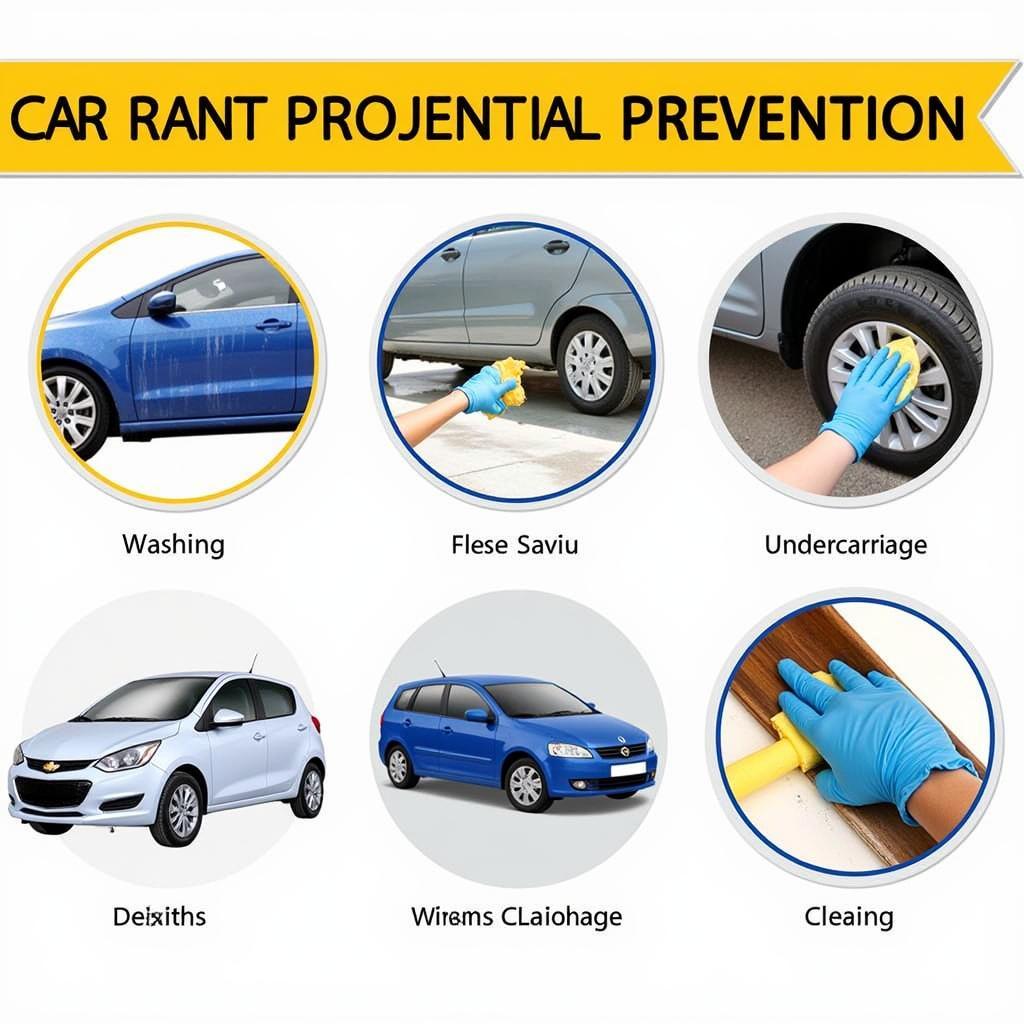 Car Corrosion Prevention Tips
Car Corrosion Prevention Tips
The Importance of Professional Expertise
While DIY solutions might seem tempting, dealing with car corrosion effectively requires the expertise of trained professionals. They have the knowledge, experience, and specialized tools to:
- Accurately assess the extent of the corrosion.
- Choose the most appropriate rust removal techniques.
- Apply protective coatings correctly for lasting results.
- Offer valuable advice on ongoing maintenance and prevention.
Investing in professional corrosion car services ensures the longevity, safety, and value of your vehicle. Remember, when it comes to corrosion, early detection and professional intervention are key!
FAQs about Car Corrosion
Q: How much does it cost to fix car corrosion?
A: The cost of car corrosion repair can vary significantly depending on the severity of the damage, the type of repair needed, and the location. It’s best to get a quote from a reputable car service center for an accurate estimate.
Q: Can I sell a car with corrosion?
A: You can sell a car with corrosion, but it will likely significantly reduce its value. Disclosing the corrosion to potential buyers is essential for a transparent transaction.
Looking for Car Services?
CarServiceOnline can connect you with trusted car service centers in your area. Whether you need car battery service in Sydney or are searching for car coolant service near me, we can help! We also have resources on specific car brands, like information on Audi services price for cars under 3yrs old.
For those in specific locations, we have guides tailored to your area. For instance, if you’re looking for reliable car service in Monroe County, FL, we’ve got you covered.
Need Assistance?
Contact us via WhatsApp: +1(641)206-8880 or Email: [email protected]. Our dedicated customer support team is available 24/7 to answer your questions and connect you with the right professionals.
